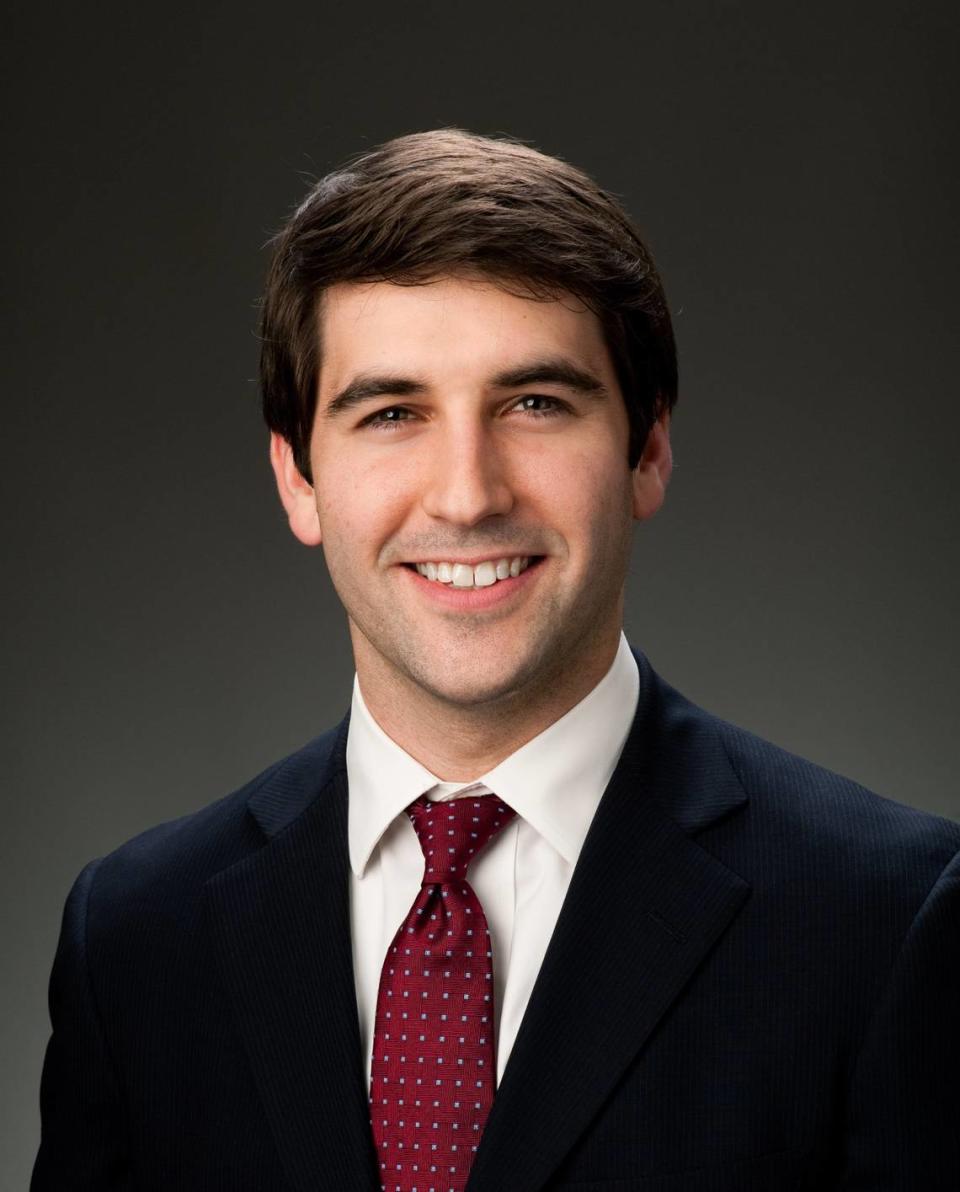Attorneys for Tez Walker: The NCAA is learning again that it’s not above the law | Opinion
Editor’s note: Four other attorneys for UNC student-athlete Tez Walker signed on to this op-ed: Chris Graebe, Hart Miles, Kenzie Rakes and Will Graebe.
College football’s Senior Bowl, an annual showcase of top prospects for NFL scouts, recently announced that UNC wide receiver Tez Walker has accepted an invitation to play in the event on Feb. 3, 2024.
We had the pleasure of representing Walker against the NCAA in a successful effort to prevent the enforcement of the NCAA’s so-called “second-transfer rule” against him. Now, N.C. Attorney General Josh Stein, along with a bipartisan group of colleagues across the country, has sued the NCAA to invalidate the second-transfer rule altogether as a violation of federal antitrust law. They should win.


They’re off to a great start now that the judge in the case entered a temporary restraining order Wednesday against the second-transfer rule. In a nutshell, the second-transfer rule requires student-athletes who transfer a second time to sit out of competition for a year. They still have to practice and train; they just can’t compete, unless the NCAA decides that they fall within one of the NCAA’s narrow, arbitrarily-applied exceptions.
First-time transfer students who are academically eligible are free to compete immediately. The restraint on second transfers applies to no other students’ extracurricular pursuits.
For example, if a music major plays in the orchestra and transfers a second time because her school no longer offers a music major, or because her conductor left for a new school, or for whatever reason causes her to believe a second transfer is in her best interests as a musician, she is not required to sit out of concerts for a year. But second-transfer athletes are sidelined from competition, even though the NCAA, in the preamble to its own constitution, describes “the opportunity to participate in sports and compete” as “a vital, co-curricular part of (students’) educational experience.”
But why is the rule not just harmful to student-athletes, but illegal? In short, it’s because the NCAA’s transfer rules restrict student-athletes from enjoying the benefits of the free market, including earning compensation for their athletic acclaim through permissible “Name, Image, and Likeness” contracts, and from exhibiting their talent for professional scouts.
In the 2021 NCAA v. Alston case, the U.S. Supreme Court struck down the NCAA’s rules restricting certain student-athlete compensation. In its unanimous ruling, the court concluded that the NCAA exerts monopoly control over student-athletes, who effectively have nowhere else to sell their labor, and that the organization’s restrictions on student-athletes “can (and in fact do) harm competition.”
In his concurring opinion, Justice Brett Kavanaugh wrote that the NCAA’s restrictions on student-athletes amount to price-fixing and “would be flatly illegal in almost any other industry in America.”
Imagine, for example, if hospitals got together and decided that nurses who want to switch hospitals must sit out for a year before starting their new job. There’s no way the law would allow that, but that’s what the NCAA forces on student-athletes who wish to transfer a second time. As Justice Kavanaugh wrote, the Alston case made clear that “the NCAA is not above the law.”
College sports is big business. The NCAA is suppressing the chance to compete for student athletes who collectively generate billions of dollars in revenues for colleges every year. This money flows freely to coaches, college presidents, NCAA executives and fancy stadiums and facilities. But the student-athletes, unlike their peers in music, computer science, drama or business, are uniquely restrained from maximizing their opportunity. When a monopoly like the NCAA imposes unfair restraints in the market, that violates the Sherman Act.
Tez Walker is about to go to the Senior Bowl, and after that is likely to fulfill his dream of playing in the NFL. The NCAA tried to take that away from him. Let’s hope the courts agree with the state attorneys general that the NCAA must change its ways and start following the law.
Swain Wood is a partner at M orningstar Law Group in Raleigh. Elliot Abrams is a partner at Cheshire Parker Schneider in Raleigh.

